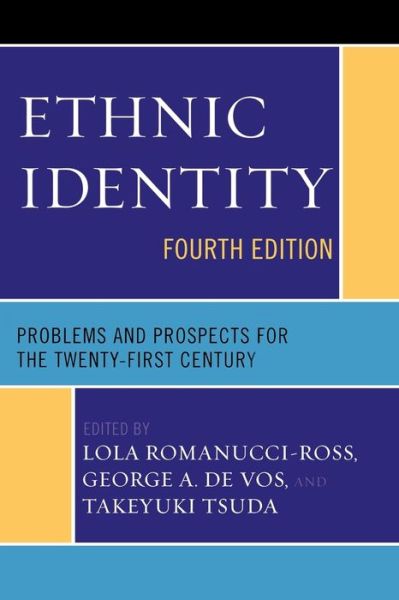Thai beauty ad: ‘Just being white, you will win’Posted in Articles, Asian Diaspora, Media Archive, Videos on 2016-01-09 01:39Z by Steven |
Thai beauty ad: ‘Just being white, you will win’
Cable News Network (CNN)
2016-01-08
(CNN)—It’s hard to imagine anything more blatant than this.
A new Thai beauty ad claiming white skin is the key to success has unleashed a storm of criticism in Thailand, especially online, where people complain the ad perpetuates damaging, racist ideas.
“Just being white, you will win,” says Cris Horwang, a smiling pale-skinned actress, in the 50-second spot by Seoul Secret, a Thai beauty company.
Without the advertised pill, “the whiteness I have invested in, will just vanish,” she warns.
On screen, the actress’ expression turns despondent as her skin is digitally altered to turn black.
Horwang promises that the product, called Snowz, “will help you not to return to being dark.”
“Eternally white, I am confident,” she adds.
On Friday evening, Seoul Secret pulled the video from its online platforms and issued a statement.
“(We) would like to apologize for the mistake and claim full responsibility for this incident. Our company did not have any intention to convey discriminatory or racist messages,” it said.
“What we intended to convey was that self-improvement in terms of personality, appearance, skills, and professionality (sic) is crucial.”…
Read the entire article and view the ad here.
[Note from Steven F. Riley: See the article, “Skin Bleaching and Global White Supremacy: By Way of Introduction.”]
